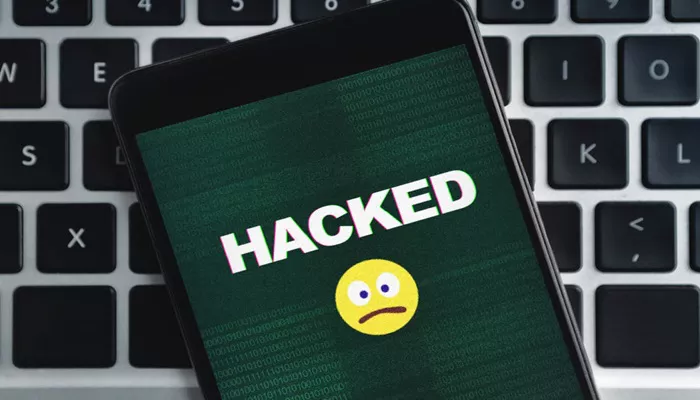Following a “group chat scandal” involving senior US government officials, the White House has been hit with another information security scare. US media reported that hackers breached the personal mobile phone of White House Chief of Staff Susie Wilds. They then used her identity to make calls and send messages to government officials, members of Congress, and business executives. On May 30, the Federal Bureau of Investigation (FBI) announced that it had launched an investigation into the matter.
Details of the Hacking Incident
According to a report by The Wall Street Journal on May 29, the personal phone of Wilds, one of President Donald Trump’s closest advisers, was compromised. In the weeks that followed, the “fake Wilds” accessed the phone’s contact list and reached out to federal senators, governors from multiple states, top corporate executives, and other prominent figures.
A senior White House official told The Wall Street Journal that Wilds informed other members of the Trump administration that she suspected hackers had stolen her contact list. Her suspicion arose because the “fake Wilds” only targeted well – known individuals. Some recipients of the calls or messages noticed that the numbers did not match Wilds’ actual mobile number. They then sought confirmation from the White House, which brought the incident to light.
The official declined to disclose the identities of those contacted by the “fake Wilds,” but confirmed that they were politicians and business leaders. The report noted that some call recipients said the voice on the line resembled Wilds’, raising the possibility that artificial intelligence was used. Those who received messages initially thought they were official instructions from the White House, but some soon realized that the tone did not match Wilds’.
Investigation and White House Response
The method by which hackers gained access to Wilds’ personal phone remains unknown. A White House official confirmed on May 30 that the federal government had initiated an investigation and emphasized that the White House takes the cybersecurity of its staff’s networks very seriously. FBI Director Cash Patel said in a statement on the same day, “Ensuring that government officials can communicate safely to complete the tasks assigned by the president is our top priority.”
Trump’s Reaction and Wilds’ Background
On May 30, Trump told the media that he considered Wilds “an amazing woman” who was “able to handle this situation.” “They hacked into her phone, they tried to pretend to be her,” he said. “No one can fake her. She is the unique Susie.”
Wilds holds the distinction of being the first woman to serve as White House Chief of Staff. With extensive political experience, she is one of Trump’s longest – serving advisers. She served as Trump’s campaign manager during the 2024 presidential election. In 2016, when Trump first ran for president, Wilds helped him secure victory in Florida. After Trump’s unsuccessful 2020 re – election bid, Wilds became his de facto chief of staff.
Preceding Group Chat Scandal
In late March, Jeffrey Goldberg, editor – in – chief of the US monthly magazine The Atlantic, wrote an article revealing that earlier in the same month, White House national security officials had invited him to join a group chat on the messaging app “Signal.” The chat contained details of the US plan to combat the Houthi rebels in Yemen. As the “group chat scandal” escalated, it was revealed that the team of US National Security Advisor Michael Warsaw had created at least 20 groups on “Signal” to discuss issues related to Ukraine, the Middle East, and Africa, including sensitive information. Warsaw, who was responsible for the mistake of inviting Goldberg into the group, faced intense scrutiny and criticism and resigned on May 1.
Related topics:

